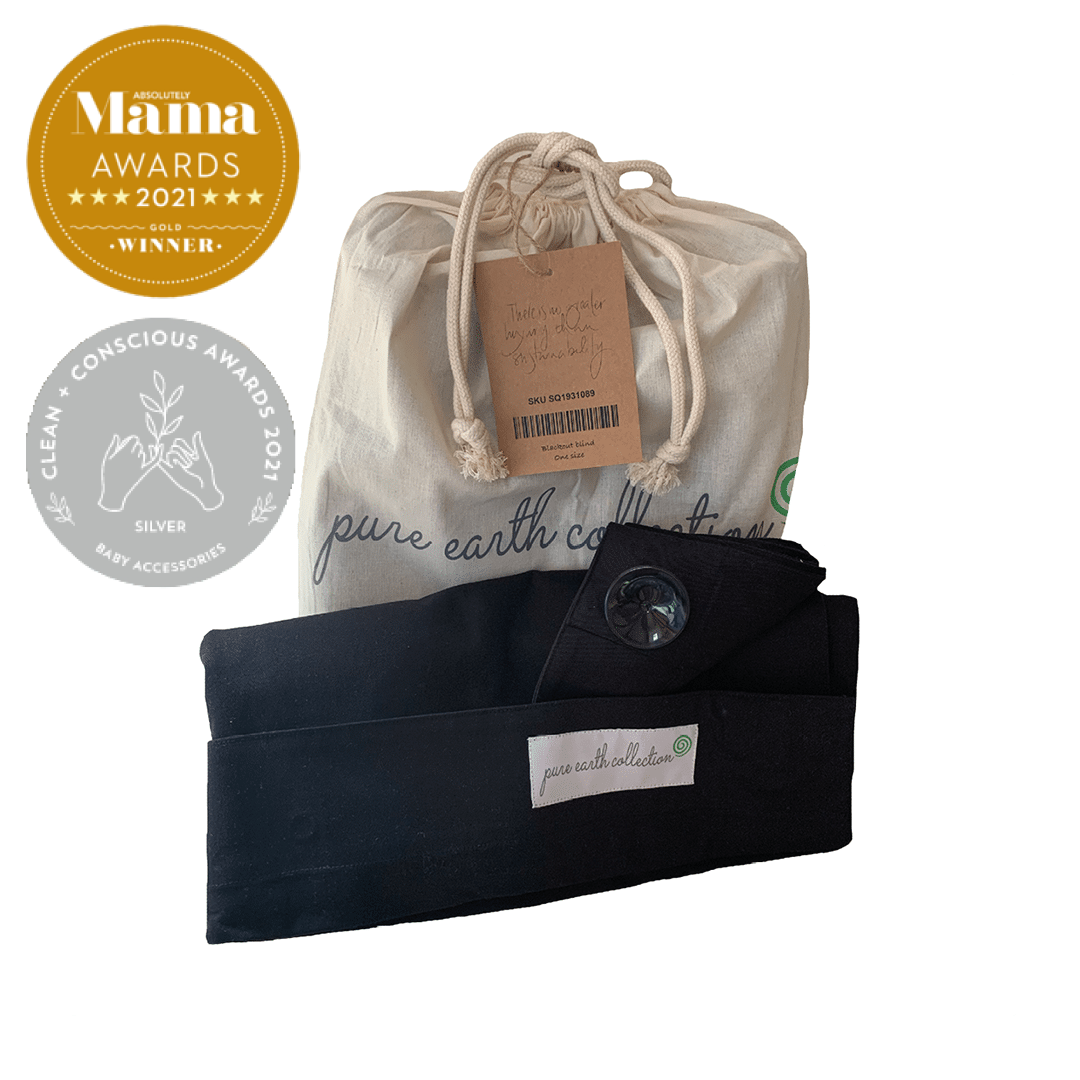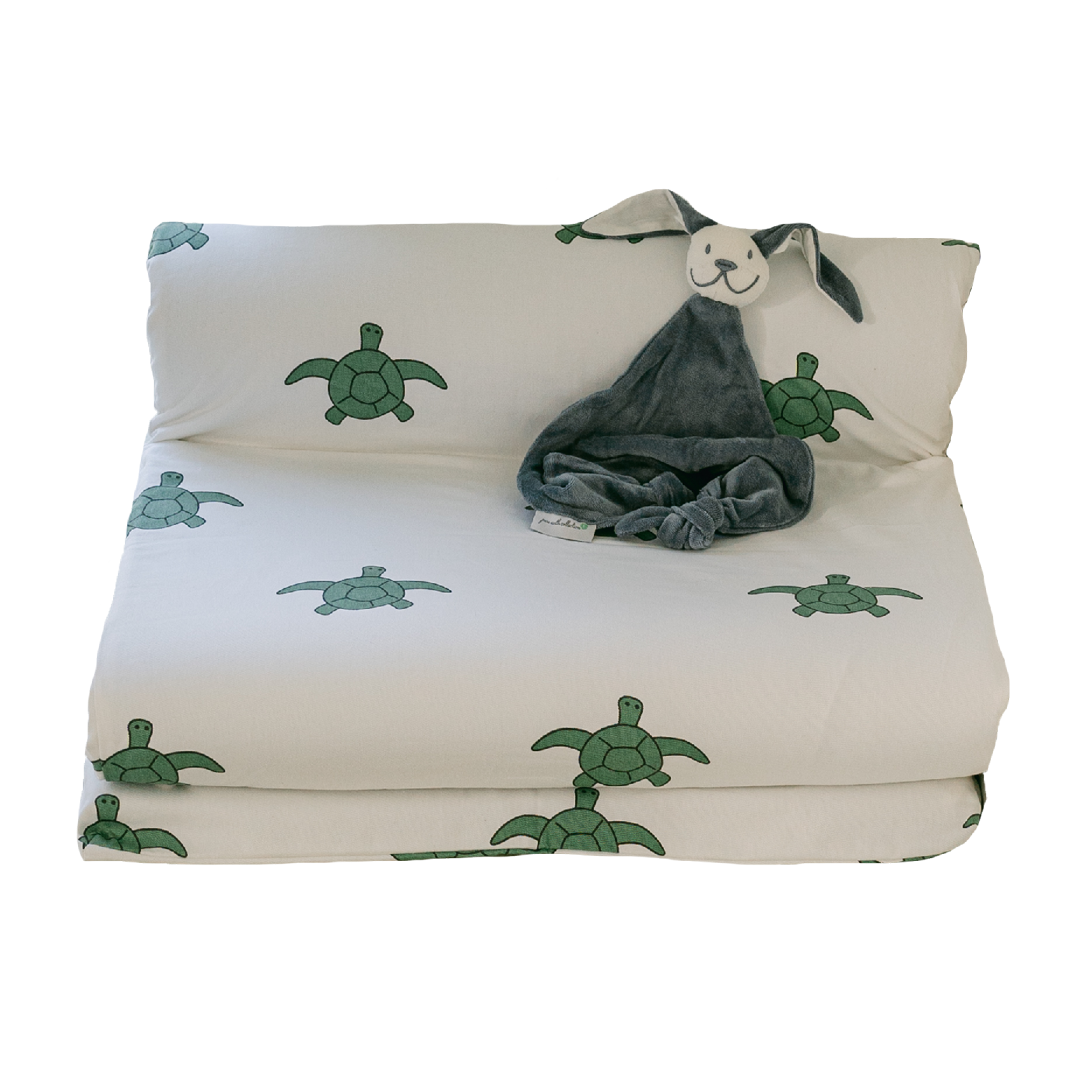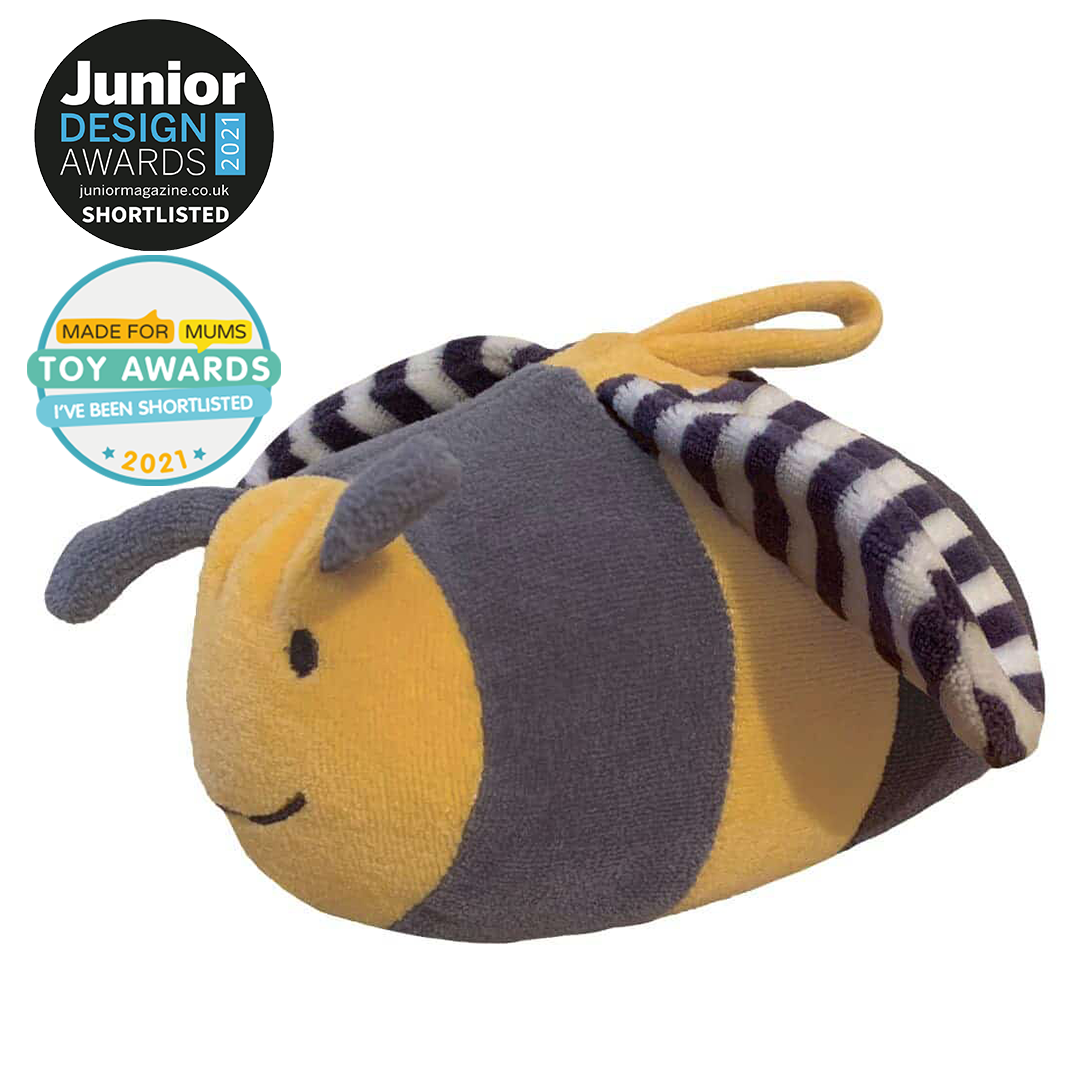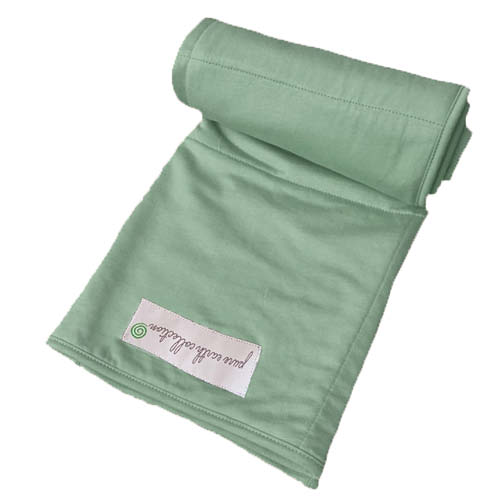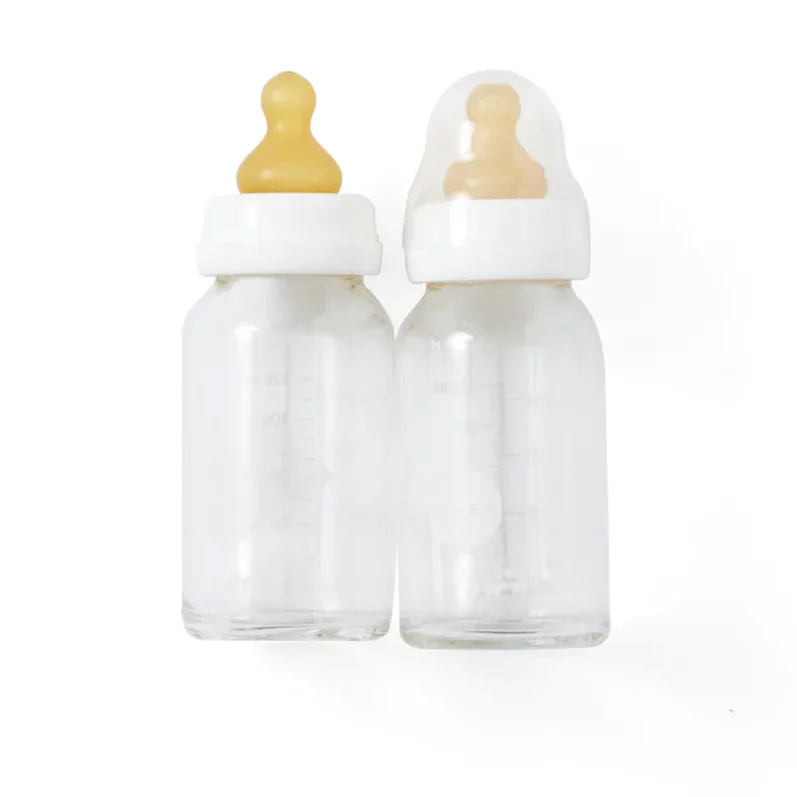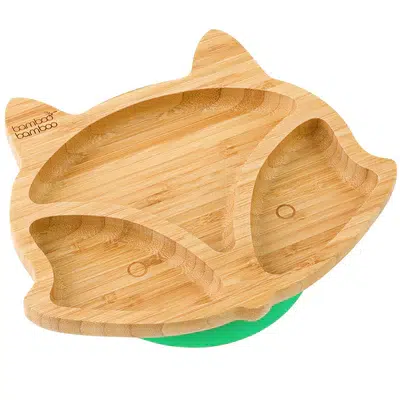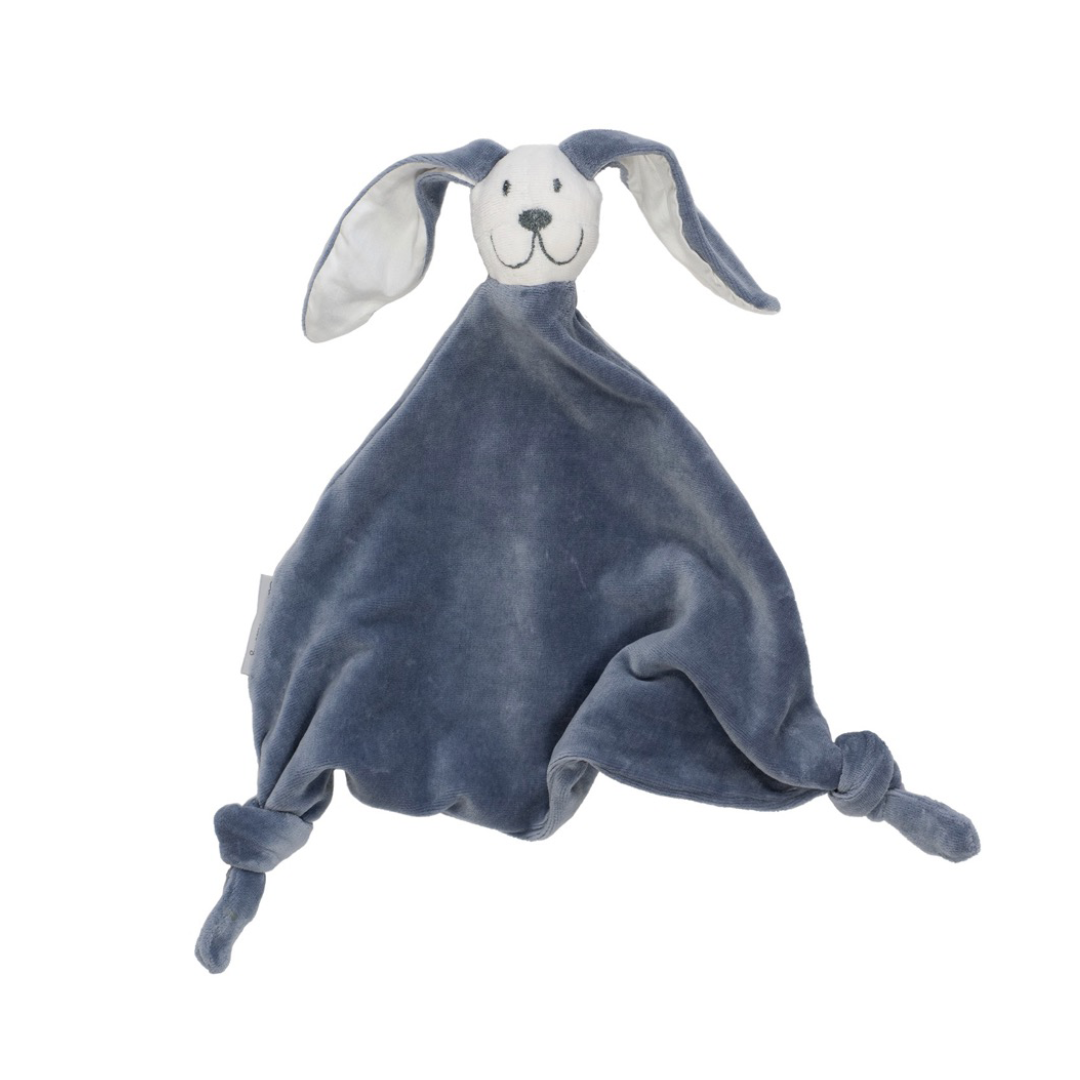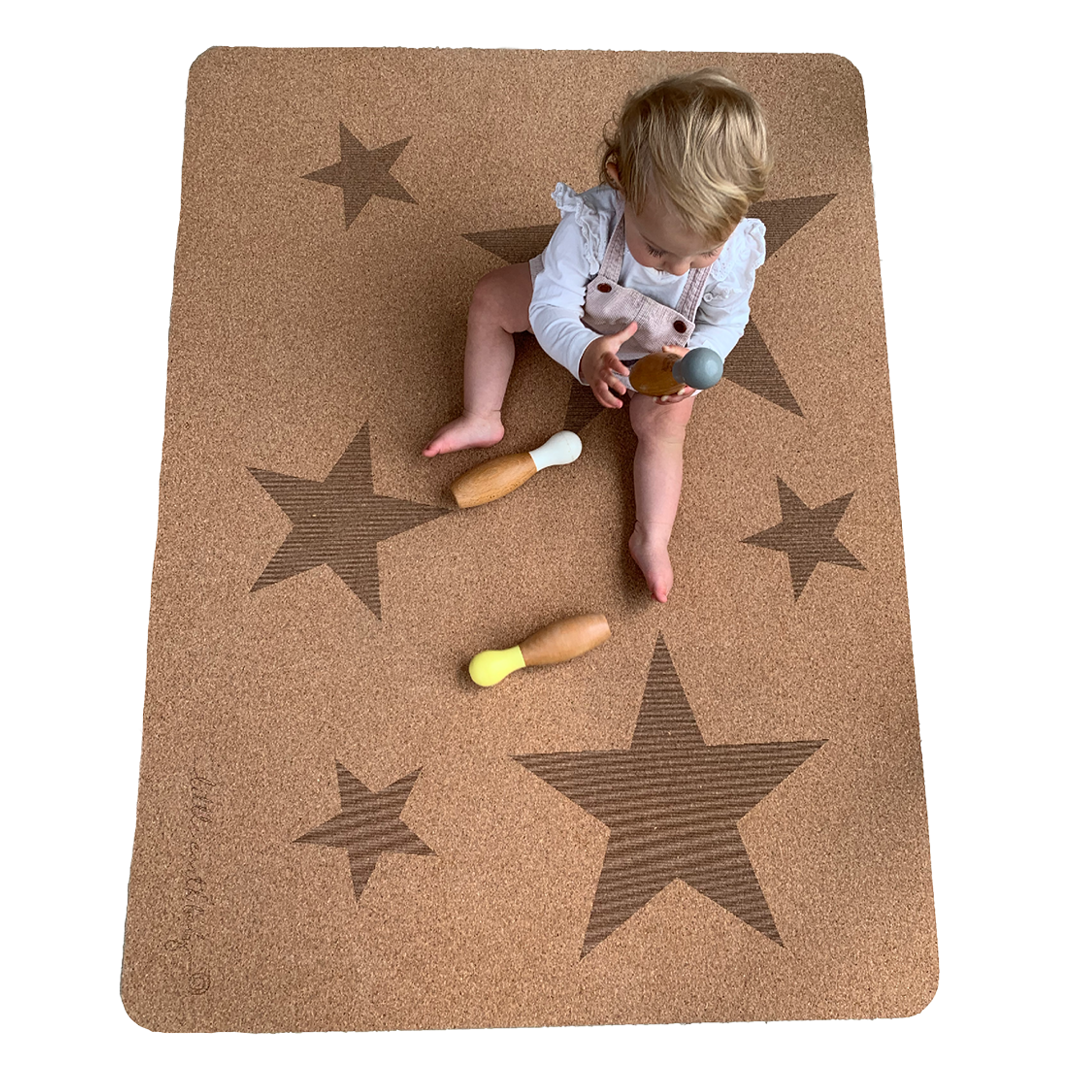Plastics are polluting our homes, contaminating our bodies and choking the planet. It’s estimated that bottle fed babies are likely to ingest up to 3 million micro-plastic particles every day, and the long term health effects of that are extremely worrying.
But plastics are everywhere and they’re hard to avoid, even if you have the best intentions. It’s easy to feel overwhelmed by the enormity of the issue and not know where to start. This Plastic Free July, we want to share with you some simple ways you can make small changes towards a lower plastic life, starting with the things which will have the biggest impact on the health of your own family and the planet.
Firstly, it’s important to understand that not all plastics are made equal. Some plastics are more harmful to human and environmental health than others, and some cause a lot more damage than they we might think. See our handy guide below which will help you to identify which plastics are the most harmful to humans and planet:
KNOW YOUR PLASTICS
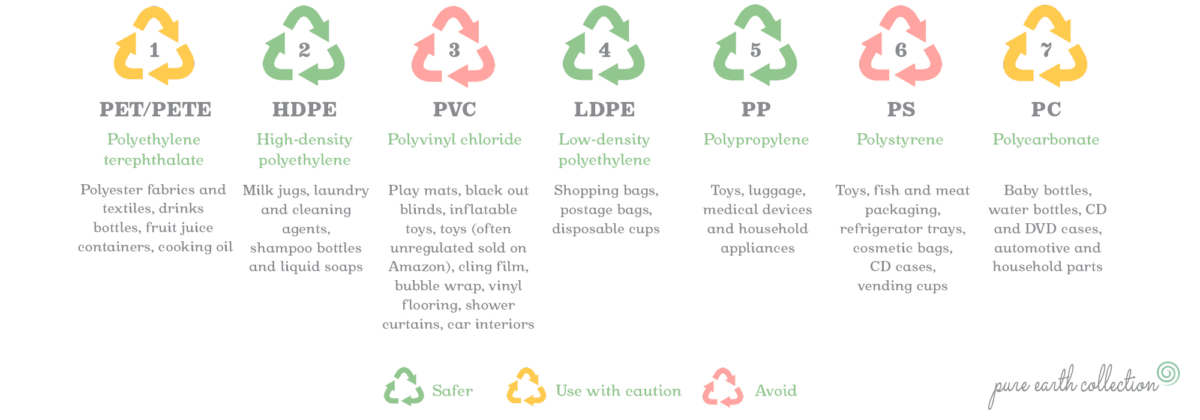
Download our handy phone size version of this guide so you can save it to your photos and have it accessible while on the go.
1. Avoid PVC
PVC, nicknamed ‘the poison plastic’ is the single most destructive type of plastic from production through to use and also disposal. It’s packed full of really toxic chemicals which are known to be hugely harmful to human health and very environmentally destructive. Household items which commonly contain PVC include: blackout blinds, shower curtains, lino/ vinyl flooring, synthetic leather, wash bags, inflatable toys, bath toys, inflatable mattresses and camp beds. One of the main health issues with PVC is that it gives off thousands of toxic chemicals into the air that we breath, drastically contributing to harmful indoor air pollution. So, even if you’re not touching the product in question, you’ll be breathing it in unknowingly. Swap out as much PVC as you can and make sure it’s never in rooms where small children hang out, and also not in reach of kids.
Our top two swaps:
Avoid PVC blackout blinds. Pure Earth Collection’s portable blackout blinds are made from 100% natural and organic fabrics.
Avoid inflatable mattresses and camp beds. Pure Earth Collection’s kids travel bed is made from 100% natural materials inside and out.
2. Say no to polyester and other synthetic fabrics
Polyester fabric is one of the main contributors to indoor air pollution. Every time polyester is worn, touched or played with it gives off thousands of tiny micro-plastic particles into the air. These particles are breathed in and get lodged in major organs like the lungs, and the rest settle in household dust causing a further risk of ingestion and inhalation. Also watch out for green-washing around ‘recycled polyester’, it’s just as harmful to human health as virgin polyester. Plus, breaking down plastics into polyester just fast-tracks their route to micro-plastics causing havoc in the environment.
Our top two swaps:
Swap polyester teddies and soft toys for natural alternatives. Pure Earth Collection’s organic soft toys are made from 100% natural and biodegradable materials.
Avoid polyester blankets, especially if they have a fluffy plush or fleece finish as this will shed a lot of micro-plastics into the surrounding air. Pure Earth Collection’s bamboo baby blankets are made from organic cotton and bamboo.
3. Keep plastics out of the kitchen
As much as possible, avoid any plastic utensils, Tupperware and feeding vessels in the kitchen for eating and drinking. These have been shown to be a major source of micro-plastic ingestion for the whole family. Studies estimate that bottle fed babies ingest around 3 million micro-plastics per day from their feeding bottles alone.
Our top two swaps:
Swap out plastic baby bottles for glass alternatives. Hevea our our favourites with the glass bottle and natural rubber teat.
Avoid plastic plates and cutlery. Bamboo Bamboo do a fantastic range of bamboo kitchenware for kids.
4. Never put plastics in the dishwasher
If you do have plastic items in your kitchen which you can’t swap out, make sure they never get put in the dishwasher. Studies have shown that putting plastics in the dishwasher causes them to release up to 4x more micro-plastics than hand washing.
Our top two swaps:
Wash baby milk bottles by hand
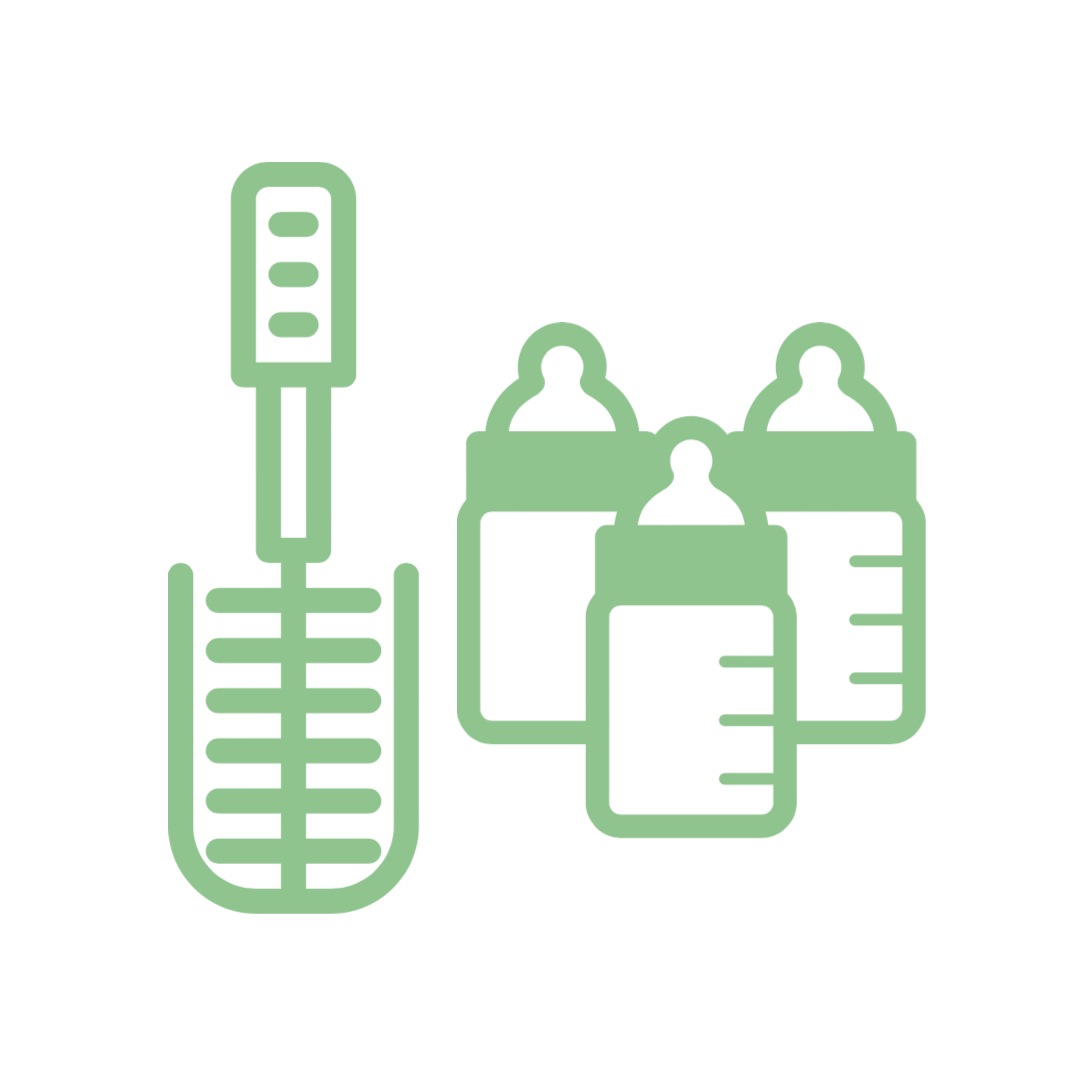
Never put your blenders or Nutribullets in the dishwasher if they have plastic components
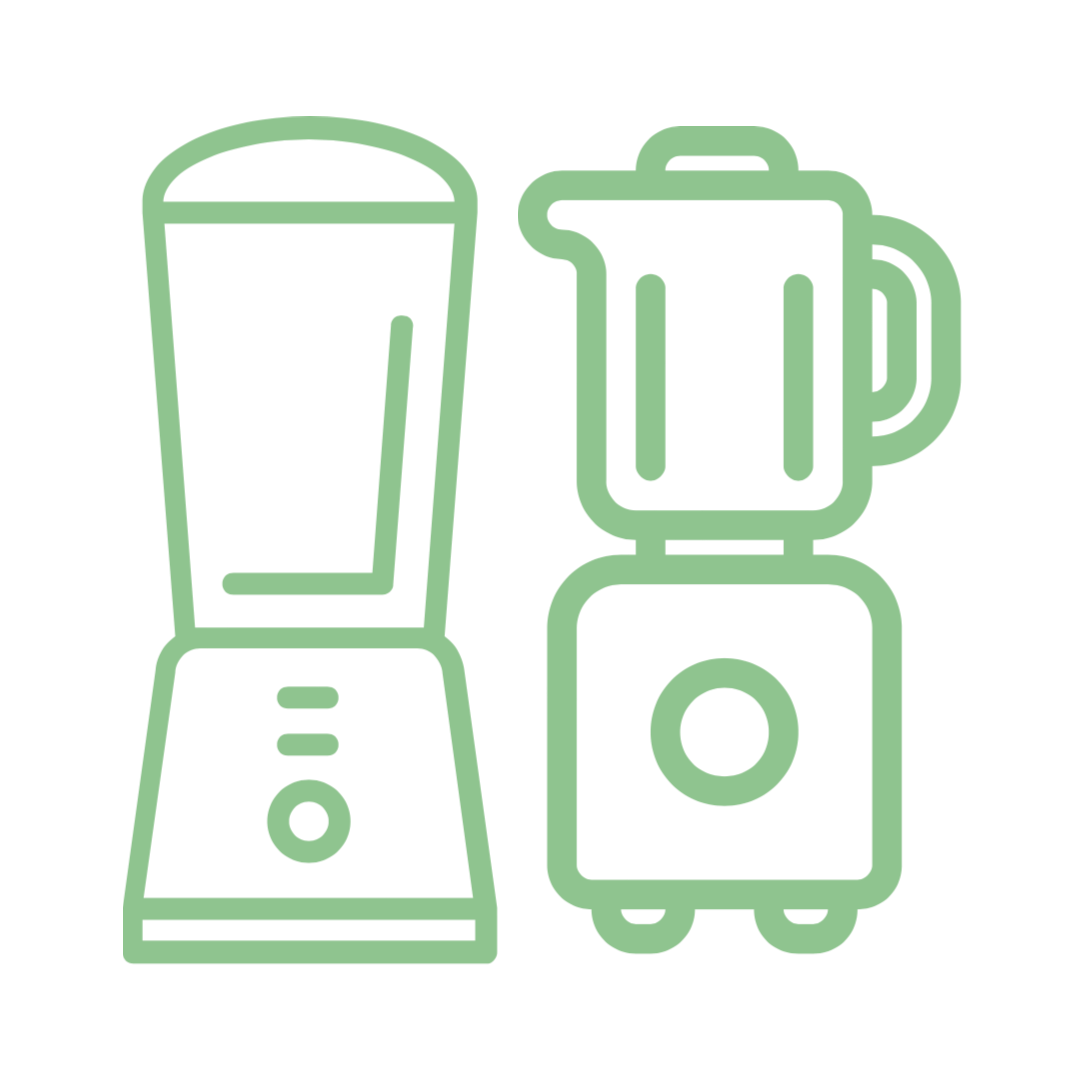
5. Choose wooden, woollen and cotton kids toys and natural play mats
Toys are not just a huge burden in landfill, they’re also a key contributor to micro-plastic exposure for young kids. Not so long ago the majority of kids toys were made from natural materials but now well over 90% are made from plastic. Choosing natural toys reduces your family’s micro-plastic exposure while reducing the environmental burden of plastic toys too.
Our top two swaps:
Reduce your reliance on plastic toys and check out Pure Earth Collection’s organic soft toy range. We also love Senger Naturwelt who do a gorgeous range of organic teddies.
Boycott plastic foam play mats which are bad for the health of kids and end up in landfill. Pure Earth Collection make non-toxic play mats from 100% natural and sustainable materials.
6. Avoid fruit and vegetables packaged in plastics
Not all plastic food packaging is avoidable so don’t beat yourselves up about the things you can’t change, but fruit and vegetables wrapped in plastic are increasingly unnecessary and avoidable. Aside from adding to the environmental burden of plastics, plastic-wrapped produce increases the micro-plastics in food which you and your family are eating. There are plenty of options without plastic these days so make changes wherever you can.
Our top two swaps:
Abel and Cole do boxes of fruit and veggie goodness without plastics
Head to your local farmers market or refill store with your own containers and bags
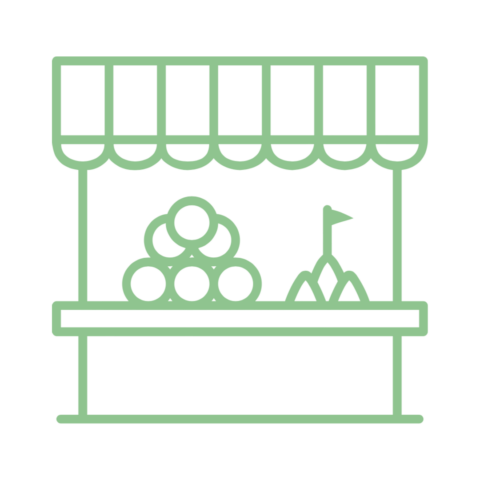
To understand more about the health risks of plastics and how children are disproportionately exposed, watch the short video below which summarises the research done on this subject by leading doctors and scientists around the world in recent years.
We hope this has been helpful. Remember, don’t be overwhelmed by the task, start small, make one change today if that’s what you can manage, and then add more changes over time. Good luck and happy Plastic Free July!

